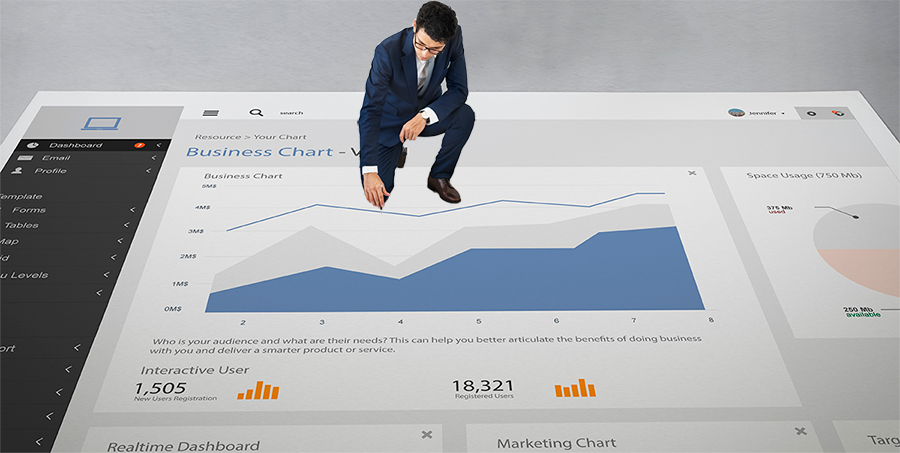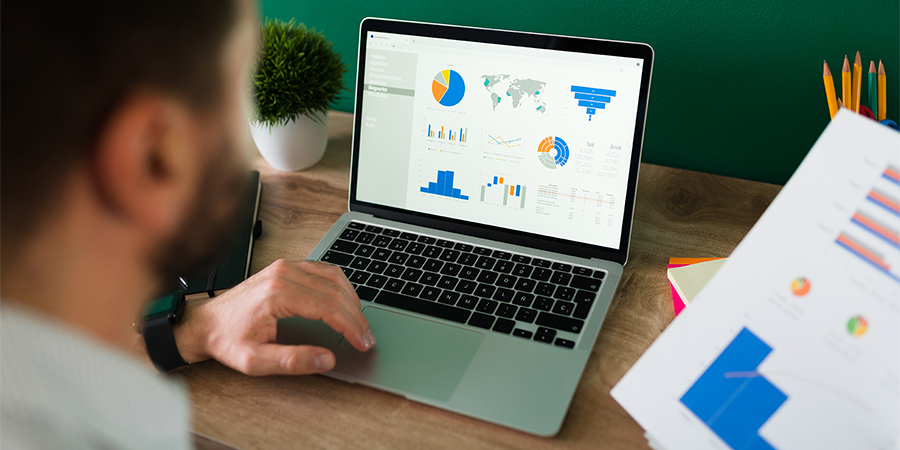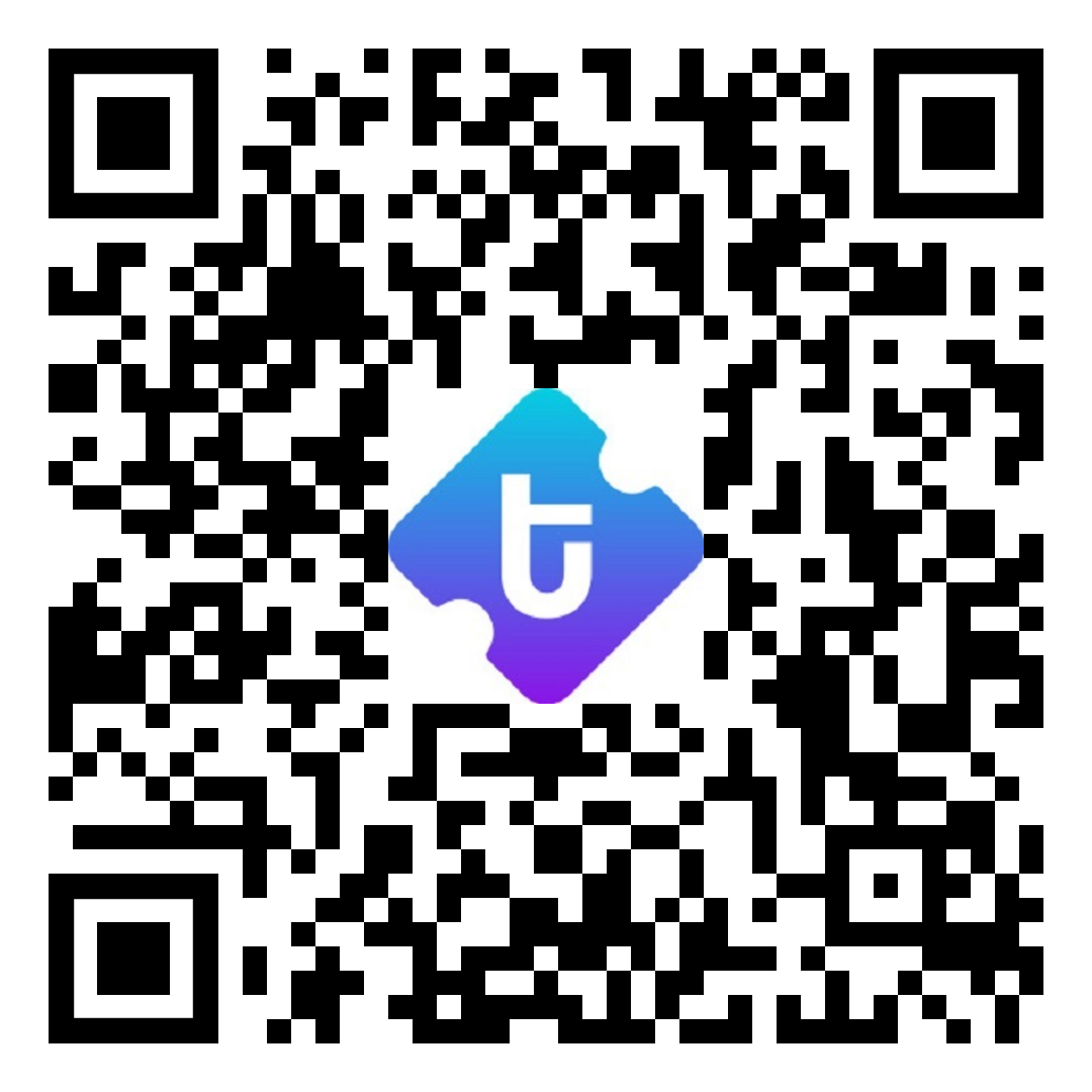SEO Mastery for Event Promoters: The Ultimate Guide to 2024 Strategies

Success in the fast-paced world of event promotion depends on remaining one step ahead of the competition. In 2024, Since the digital world is always changing, event producers must become experts in SEO (Search Engine Optimization). We explore the newest and best SEO tactics designed especially for event marketing in this extensive guide. This guide looks to provide event promoters with the necessary skills to increase exposure, drive traffic, and boost attendance—from understanding the fundamentals to putting advanced strategies into practice.
SEO for Events: The Fundamentals
1. Why Is SEO Important for Events and What Does It Mean?
Understanding SEO basics is important before delving into the specifics. A method called search engine optimization (SEO) raises the ranking of a website in search engine results pages (SERPs). It involves improving the technical setup, link popularity, and content relevancy of a website. This means that event promoters have to make sure that potential attendees can quickly and easily locate information about your event on the internet.
2. Researching Keywords to Promote Events
The fundamental component of any SEO campaign is keywords. Event promoters can learn the language and terms potential attendees use while searching for events by conducting in-depth keyword research. To find appropriate keywords like "event promotion," "online promotion for events," and "event planning," use tools like Google Keyword Planner.
Creating Content That Is SEO-Friendly to Promote Events

1. Producing Attractive Event Pages: Content Is Important
Successful SEO largely depends on having high-quality content. Create informative and interesting event pages that gracefully integrate target keywords with necessary information. Provide details on the program, presenters, event details, and any special selling points.
2. Making Use of Multimedia: Images and Videos
Add multimedia features to your event pages, like promotional videos and high-resolution images. Rich user experiences are preferred by search engines, and multimedia material can greatly raise its ranks.
SEO for Events: Technical Strategies

1. Mobile Optimization
Your event pages must be optimized for mobile devices in this day and age of smartphones. Websites that are optimized for mobile devices receive higher search ranks from Google, as the search engine gives preference to these sites.
2. Speed of Page Loading
Pages that load quickly provide better user experiences and rank higher in search results. Utilize resources such as Google PageSpeed Insights to identify and change components that might be impeding the speed of your event pages.
Promoters of Events: Local SEO

1. Optimization of Google My Business
As attendees are frequently searching for events in particular regions, local SEO is essential for event planners. As you claim and enhance your Google My Business listing, be sure that all event specifics—such as the venue, time, and contact details—are correct.
2. Local Reference and Backlinks
Create connections and local references to increase search engines' perception of the legitimacy of your event. Work together with nearby companies, opinion leaders, and media organizations to build a network of references that will vouch for your event.
SEO for Events: Integration with Social Media

1. Using Social Media Platforms to Promote
Social media is essential for promoting events. You may successfully integrate your SEO strategy with your social media efforts by providing optimized content, engaging with your audience, and encouraging social sharing. Likes and shares are examples of social signals that have a favorable effect on search rankings.
2. Using Hashtags to Your Advantage
To boost visibility and encourage user-generated content, develop hashtags specific to each event and share them on social media. Additionally, hashtags can help make themes trending, which can increase the online visibility of your event.
Advanced SEO Techniques for Event Promoters

1. Schema Markup for Event Information
Search engines can better comprehend the material on your event pages by implementing schema markup. Provide structured information about your event using schema markup, such as the dates, venue, and ticket details, to improve the possibility that rich snippets will appear in search results.
2. Optimization of Voice Search
Event promoters need to make sure their information is optimized for natural language queries as voice search usage grows. Think about the questions guests might ask verbally about the activities, and adjust your content accordingly.
Analyses and Continuous Development

1. Observing and Analyzing Performance
Use technologies such as Google Analytics to track your event website's success regularly. Take close attention to crucial data such as conversion rates, bounce rates, and organic traffic to identify areas that require development.
2. A/B Testing for Optimization
Two distinct iterations of a webpage or content element are created and presented to two different user groups as part of A/B testing. The aim is to determine which version works better in terms of desired results—like click-through rates, conversions, or engagement. You can determine which SEO and conversion-boosting tactics work best by using this iterative process.
Conclusion
Being proficient in SEO is now essential in the highly competitive world of event marketing. Event organizers may take their events to new heights in 2024 and beyond by grasping the fundamentals, creating material that is optimized for search engines, putting technical ideas into practice, concentrating on local SEO, incorporating social media, and utilizing cutting-edge approaches. The secret is to remain flexible, adjust to new trends, and continuously improve your strategy using data and analytics. Event promoters can make sure that their events not only meet but surpass attendance targets by mastering SEO.

 9054792645
9054792645 info@tktby.com
info@tktby.com
